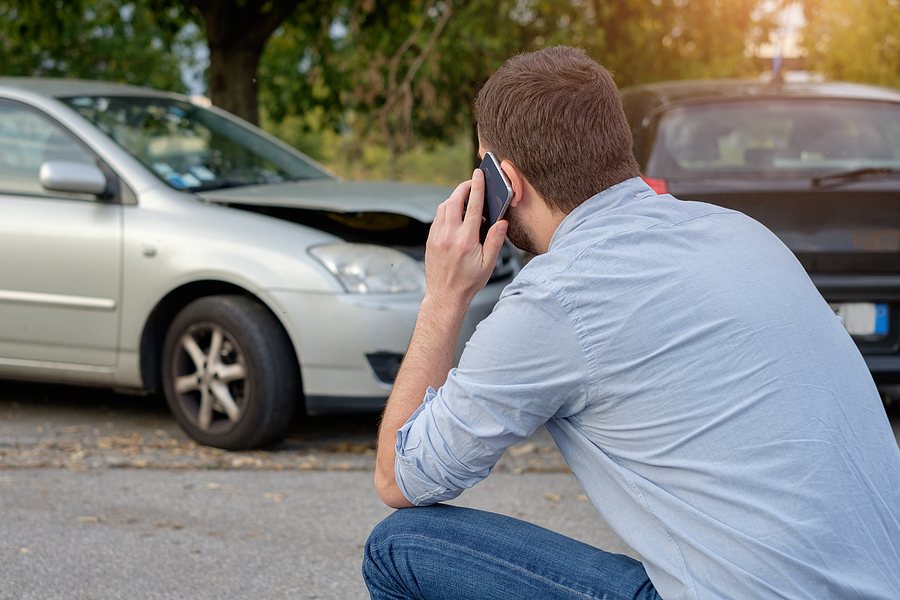Understanding the Trial Process in a Car Accident Case

If your car accident case goes to trial, it marks a significant phase in your legal journey. While most car accident cases are settled out of court, understanding the trial process is crucial should your case advance to this stage. Here’s an overview of what to expect, demystifying each step of the process.
- Decision to Go to Trial
The decision to take a car accident case to trial usually occurs if settlement negotiations fail, or if the parties involved cannot agree on the fault or the compensation amount. Your accident attorney will advise you on the viability of a trial based on the strength of your case, potential risks, and the likelihood of a favorable outcome.
- Pre-Trial Preparations
Before the trial begins, there’s a period of preparation. This involves gathering evidence, organizing witness testimonies, and developing a comprehensive legal strategy. Your attorney will likely engage in discovery, a process where both sides exchange information and evidence related to the case.
- Jury Selection
In a trial, a jury often determines the outcome of the case. The process of jury selection, known as voir dire, involves questioning potential jurors to ensure they can be impartial. Both your attorney and the defendant’s attorney have the right to object to certain jurors.
- Opening Statements
The trial formally begins with opening statements. Both sides present a summary of their case to the jury, setting the stage for what the jury should expect. The plaintiff’s attorney typically goes first, followed by the defense.
- Presentation of Evidence
This is the phase where each side presents its evidence. As the plaintiff, your attorney will present first. This can include showing physical evidence, calling witnesses to testify, and presenting expert testimonies. The defense will then present their evidence and witnesses.
- Cross-Examination
After a witness testifies, the opposing side has the opportunity to cross-examine them. This is a critical part of the trial, as it allows both sides to challenge the credibility and reliability of the evidence and testimonies presented.
- Closing Arguments
Once all the evidence is presented, both sides make their closing arguments. This is the final opportunity for each attorney to summarize their case, highlight key evidence, and persuade the jury to rule in their favor.
- Jury Deliberation
After closing arguments, the jury retires to deliberate. They will review all the evidence and testimonies to reach a verdict. This process can take anywhere from a few hours to several days, depending on the complexity of the case.
- The Verdict
The jury will eventually reach a verdict, deciding whether the defendant is liable and, if so, the amount of damages to be awarded. It’s important to note that the jury’s decision must be unanimous in most jurisdictions.
- Potential for Appeal
If either party is dissatisfied with the verdict, they have the right to appeal the decision. An appeal is not a new trial but a request for a higher court to review the case for legal errors.
- Post-Trial Motions
Sometimes, post-trial motions are filed. These can include a motion for a new trial or a motion to reduce the amount of damages. These motions are typically filed shortly after the trial and can extend the legal process.
- Collection of Damages
If the verdict is in your favor, and no appeal is filed, the next step is the collection of damages. Your attorney will work on ensuring that the awarded compensation is paid out.
- Emotional and Physical Preparedness
Trials can be emotionally and physically taxing. Be prepared for the stress and anxiety that may come with it. It’s essential to have a support system in place and to communicate openly with your attorney about your concerns.
- Financial Considerations
Understand the financial implications of a trial. Unlike settlement negotiations, trials can be more costly due to additional legal fees, court costs, and other expenses.
- Confidentiality and Public Record
Unlike settlements which can be confidential, trials are public. Be prepared for the details of your case to be part of the public record.
Going to trial in a car accident case is a significant decision that comes with many complexities. It involves a series of steps, from pre-trial preparations to potentially collecting damages post-verdict. While it offers the possibility of a higher payout, it also carries risks, including the uncertainty of a jury verdict and the emotional and financial toll of a lengthy legal process. It’s crucial to work closely with your attorney, understand each phase of the trial, and prepare yourself for the challenges it may present. Ultimately, whether to proceed to trial or settle out of court should be a decision made after careful consideration of all these factors.








